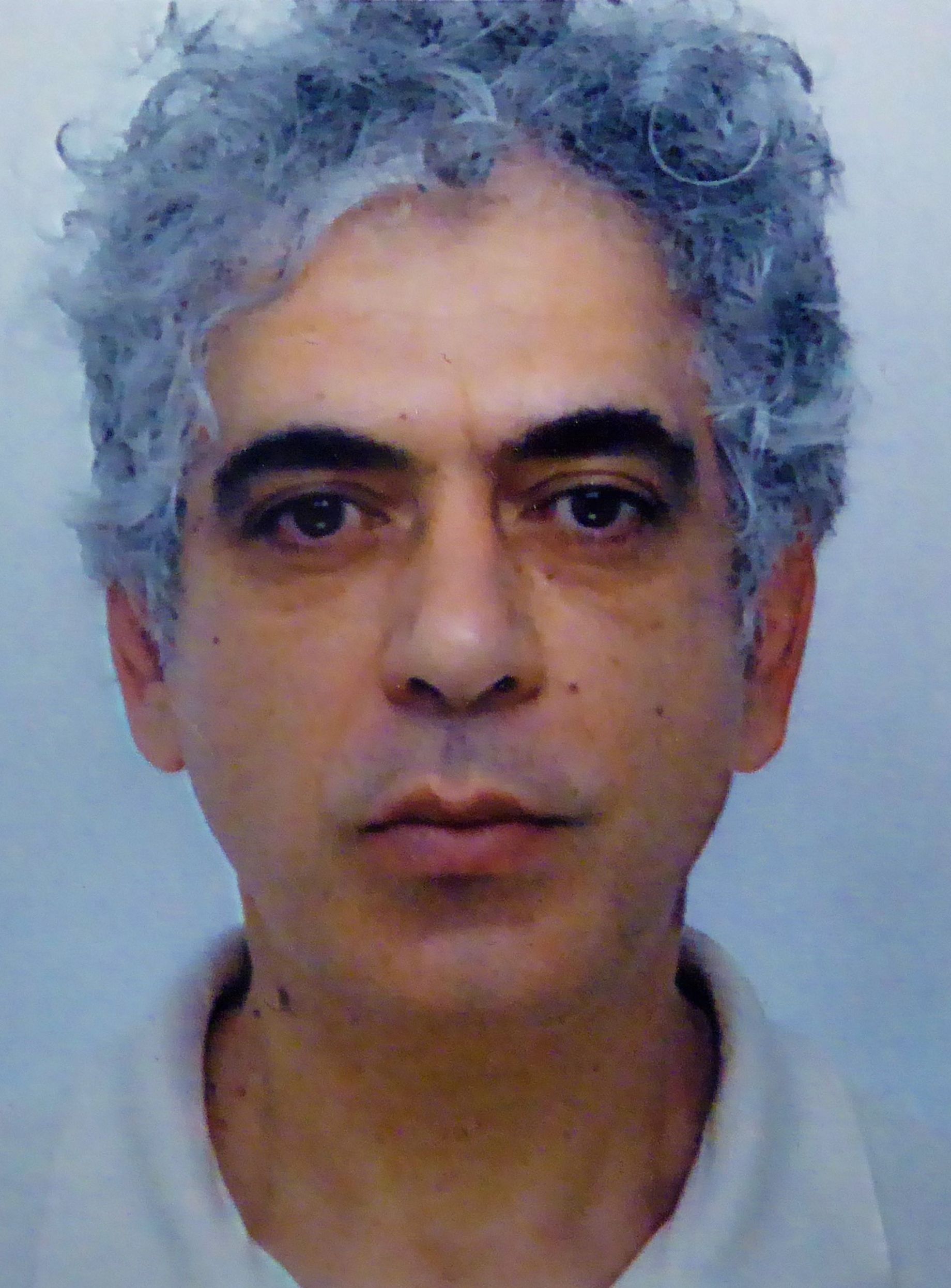2020/ 2021
Erotics of the Revolution
In as much as they demonstrate the gravity of grievances, the Arab uprisings of 2011 and 2019 also show a great deal of unexpected solidarity across social classes and groups that had different experiences and expectations. One dimension of this solidarity has taken cultural expressions, evident in the festival character of many opposition gatherings, in poetry, songs, performances, street art, and various other kinds of artistic creativity. This research focuses on one dimension of this cultural creativity, namely the way by which solidarity becomes associated with feelings of pleasure, of a kind that seems to have unexplored capacity to mobilize large populations. The research into these “erotics of revolution” relies on data collected from various sites of contemporary Arab rebellions, and builds on relevant sources in social psychology, anthropology, and comparative histories of revolution.
2018/ 2019
A Theory of Tradition
During his time at EUME, Mohammed Bamyeh will be preparing his new book A Theory of Tradition, for which he has been collecting notes and source materials for the past 20 years, for publication. It is intended as a contribution to comparative social theory, as well as to debates on the nature of “modernity” in a variety of world regions. He will also continue his work in the sociology of knowledge, with a focus on the relationship between intellectual influences and revolutionary processes in the Arab World.
2014/15
Social Sciences in the Arab World
During the term of his affiliation, Mohammed Bamyeh will be putting together the final draft of the Arab Social Science Monitor’s (ASSM) first report on the conditions of social sciences in the Arab World. This report will be a product of a collaborative process involving many social scientists based in the Arab World, Europe, and US, and he serves as its lead author. The first report focuses on the question of “presence”: where are the social sciences to be found in the Arab World? To that end, the report identifies three spheres of such presence: universities, research institutes, and the public sphere. The report is designed to present original data on all spheres, as well as qualitative analyses of some of the most positive trends.


